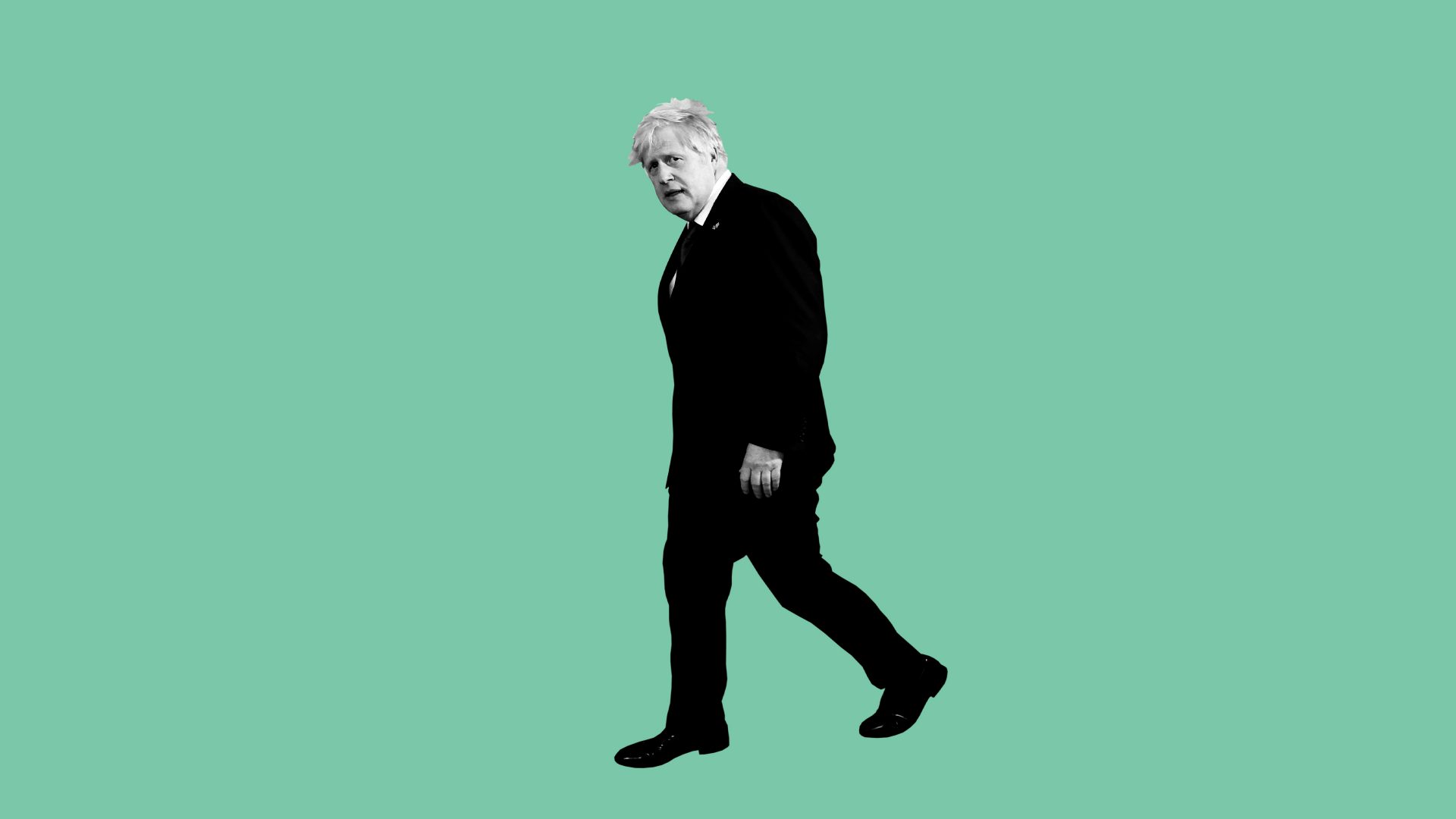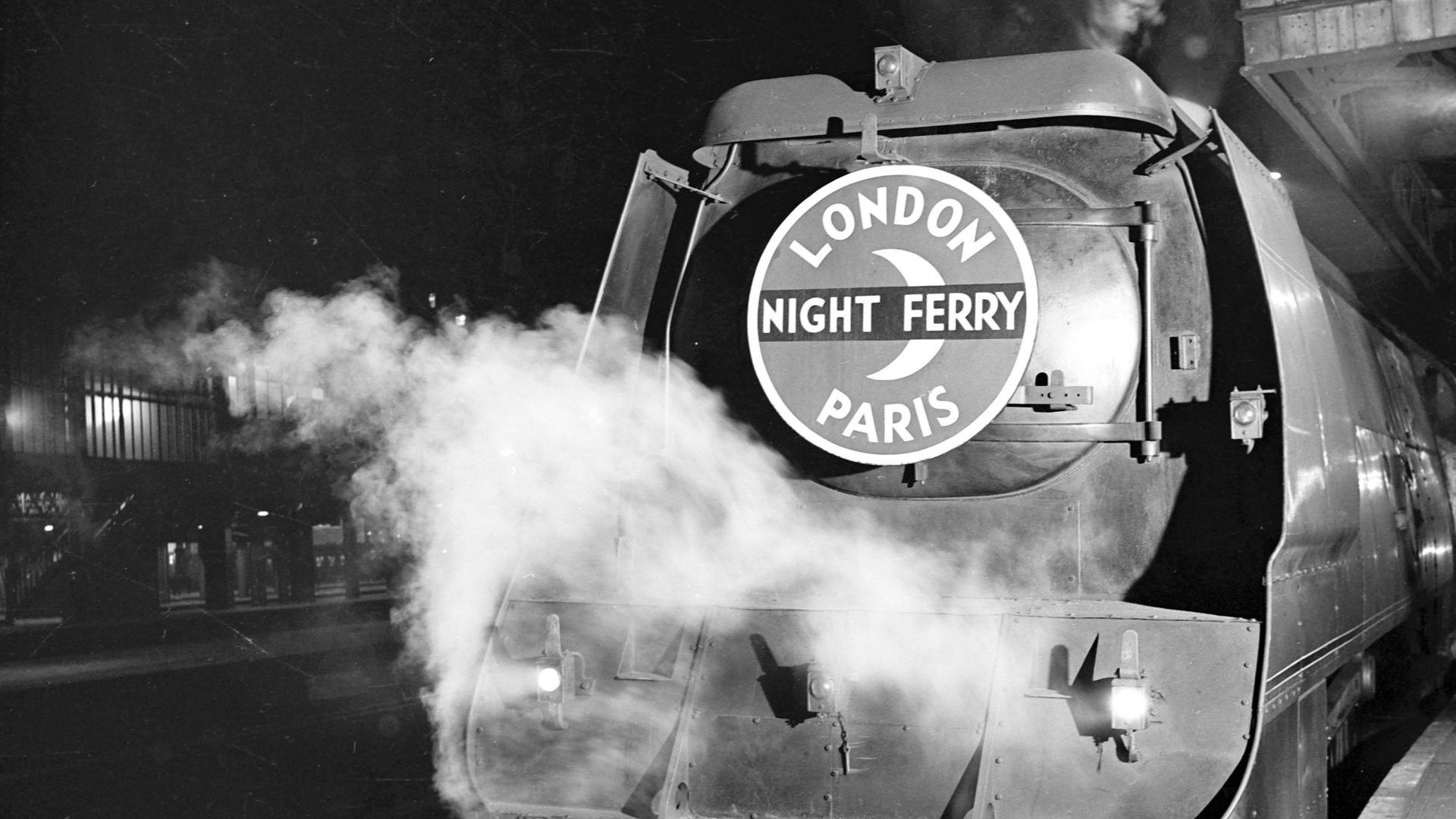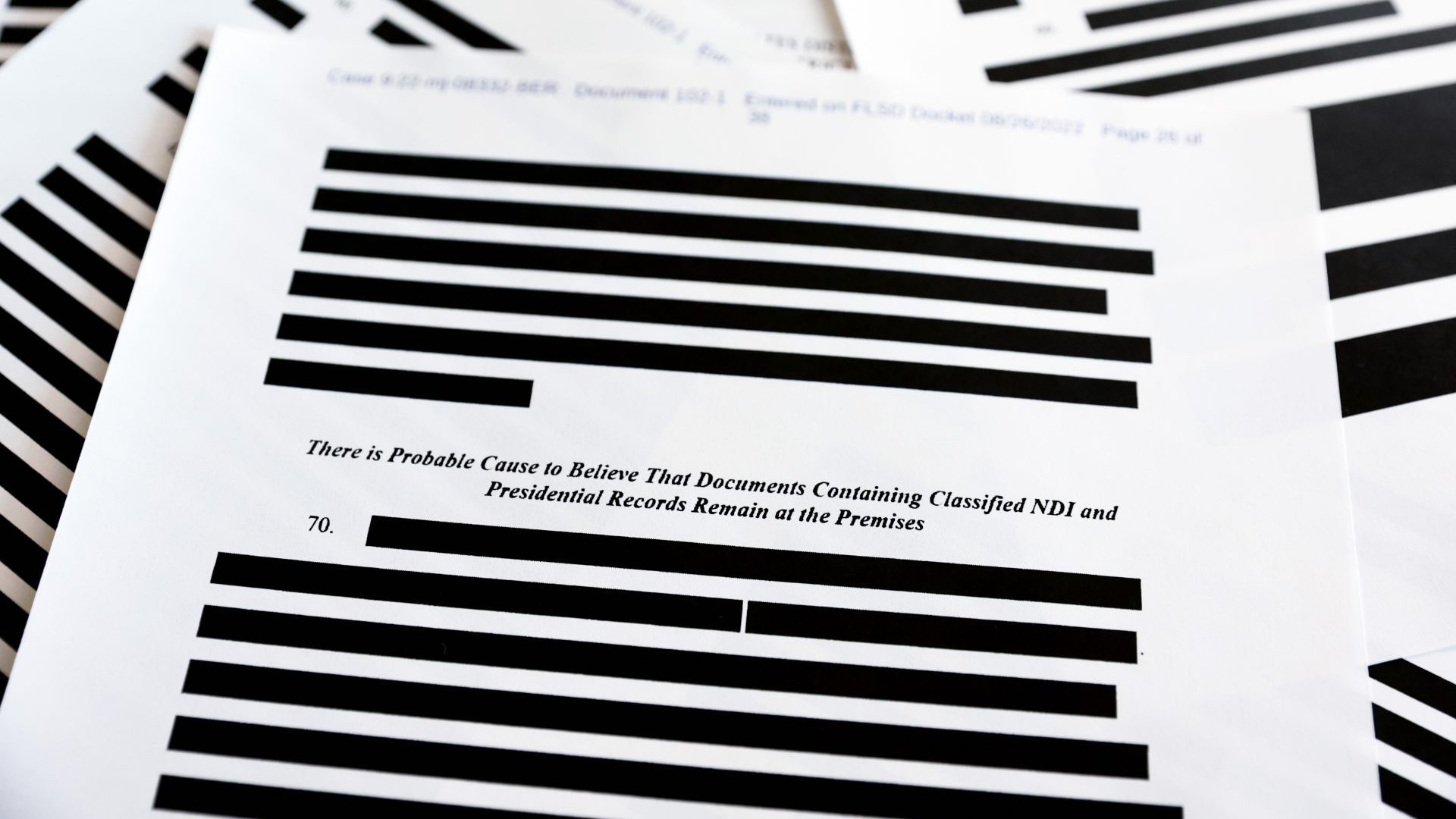Boris Johnson’s deal to write his “interim” autobiography for Rupert Murdoch’s HarperCollins imprint – first disclosed in this column three months ago – turns out to be worth an astronomical £6m.
The news will send shudders down the spines of the Tory high command – and Rishi Sunak in particular – as it means Johnson will have guaranteed Murdoch some sensational inside stories about his period in government that will almost certainly be profoundly damaging for the current administration.
The deal was brokered personally by Murdoch and Rebekah Brooks – the chief executive of News UK, the owner of HarperCollins, along with the Times and Sunday Times, which will serialise the book – when Johnson visited the nonagenarian tycoon’s ranch in Montana in October.
Johnson’s last book on Sir Winston Churchill was published in 2014 by Hodder, which then contracted him to write another one on William Shakespeare – an unlikely subject for the then-mayor of London, who is no expert on the Bard and seldom goes to the theatre. That project, much to the relief of both Johnson and Hodder, has now been abandoned and the advance repaid.
Johnson’s move to HarperCollins has already angered one of its most notable writers, Sir Max Hastings, who has written highly successful books for the publisher on subjects such as the Cuban missile crisis and Vietnam. Hastings gave Johnson his big break when he was editor of the Daily Telegraph – appointing him as the newspaper’s Brussels correspondent – but has never forgiven his former employee for the lies he told to ensure the Leavers won the EU referendum. I wouldn’t be at all surprised if Hastings didn’t decamp in short order to another publisher.
Nadhim Zahawi demanded Boris Johnson’s resignation as prime minister because he felt he lacked “integrity”.
Now Zahawi – whose own demonstrations of integrity encompass not just his tax affairs, but also his “genuine mistake” in claiming taxpayer cash to heat his horse stables – has frustrated Johnson’s career again by dominating the news cycle as he attempted to grandstand in Ukraine. “Boris had seen the trip as the soft launch for his campaign to retake the premiership and was livid,” I am reliably informed. “He could see exactly what was going to happen, but, of course, it was too late to postpone it.”
On Johnson’s big day, all anyone was fixated on was Zahawi, Richard Sharp and the £800,000 loan he helped to arrange for the disgraced former PM (ie Johnson, but there have been so many), just before his government appointed Sharp to the BBC chairmanship.
Still to deliver his long-awaited autobiography, Paul Dacre, the former Daily Mail editor, has been scooped by Michael Crick. The dogged broadcaster is to present his own account of Dacre’s life in his Mugshots podcast that will come out next week and I am assured Crick has spoken to the newspaperman’s friends and foes alike.
Dacre, who hasn’t granted an in-depth broadcast interview since Desert Island Discs in 2004, has not participated.
The public’s sense of revulsion about King Charles even thinking about giving Liz Truss the Order of the Garter was made clear in a Twitter poll I conducted last week in which 2,595 people voted. An emphatic 97% said she must not receive the honour traditionally given to all former prime ministers. Only 3% felt she should get it.
Truss, whose chaotic, short-lived administration set the taxpayer back £30bn, has understandably been keeping a low profile lately, but I can reveal that she has, all the same, set up The Office of Liz Truss as a vehicle for her extra-parliamentary earnings. The entity, registered to an address in Chancery Lane, has two directors – Truss and her husband, Hugh, though she is the sole shareholder.
Earnings reported so far are pathetically small, with just £229 coming in as royalties for a book “written and published in 2012”.
It’s as well the non-dom Tory grandee Michael Ashcroft chipped in £12,210 to pay for flights and accommodation associated with a conference in Washington. The question for Truss now is whether she will have the brass neck to claim the “public duty cost allowance” available to former prime ministers that could net her up to £115,000 a year.
I recall the late Sir Robin Day taking great pride in putting an end to the kind of political journalism that began with a reporter deferentially asking a minister if there was anything at all that they would care to say.
He’d no doubt be turning in his grave at the Today journalist Nick Robinson’s angry Twitter riposte to my colleague Alastair Campbell, who’d had the temerity to inquire why the BBC had come so late to the Nadhim Zahawi story. “Give it a rest, Alastair,” Robinson fumed. “Zahawi was prominently and fully covered when his statement came out…”
Presumably, Robinson would have regarded it as ill-mannered for the corporation to have started independently investigating the story ahead of Zahawi’s statement.
Those who say there has been no point to the Tories’ 13 years in office don’t grasp how it has helped to house rich individuals at the taxpayers’ expense. With Rishi Sunak electing to live above the shop at 10 Downing Street, Jeremy Hunt, his chancellor, now has the run of the more spacious apartment above No 11, albeit still blighted by Carrie Johnson’s taste in interior decor.
This couldn’t be more handy for Hunt, who has just got his plans approved by the local council for a makeover of his home in Pimlico – reported by Mandrake in October – and he’d have had to have vacated the building with his family as the builders moved in. He’s got the roof terrace that was originally turned down, in addition to a new kitchen, huge new master bedroom, home office and a basement revamp.
The Daily Telegraph’s jaw-dropping admission in an opinion piece by Sherelle Jacobs last week that the Tories had made such a hash of Brexit that it was now probably “unsalvageable” presents its journalists with a dilemma: do they all quietly pretend to have been Remainers all along?
For some of the leopards, it will prove especially difficult to change their spots. After the EU referendum result in 2016 – which the Telegraph had, of course, been instrumental in winning for the Leavers – the paper specifically started recruiting Brexit blowhards and didn’t even require them to have a journalistic background. There was, for instance, Dia Chakravarty, who came from the TaxPayers’ Alliance, and Camilla Tominey from the Express (regarded as a joke newspaper in the Telegraph newsroom in my day).
One wonders, too, what happens now to the Telegraph’s Brexit ultra Allister Heath – personally recruited by Sir David Barclay, the late and unlamented co-owner of the Telegraph – who embraced the cause with messianic fervour. It was Heath who so shrewdly said of Kwasi Kwarteng’s budget that “it was the best I have ever heard a British chancellor deliver, by a massive margin.”




